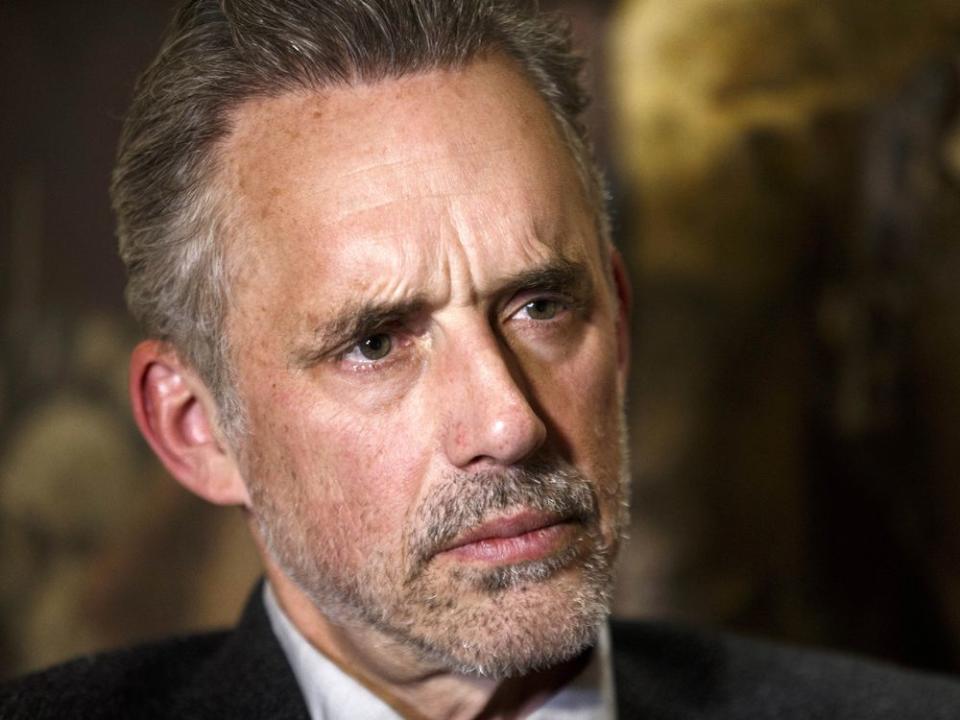Howard Levitt: Jordan Peterson case shows it's time for workplace protections on political speech

By Howard Levitt and Kathryn Marshall
Unless you have been living under a rock or shun Twitter (which is well-advised), you have probably heard of Jordan Peterson’s battle royale with the College of Psychologists of Ontario.
We often write about the legal battles between employees and employers; battles with professional regulators are usually less exciting, often involving mundane breaches of convoluted bureaucratic rules.
The showdown between Peterson and the College is shaping up to be anything but.
A core feature of the fight is freedom of speech and the College’s misguided decision to give in to the cancel-culture woke mob who want to shut Peterson down and are using his regulatory body as their current weapon.
But this case exposes another big issue: political discrimination.
No Canadian should ever be discriminated against in the workplace because of his or her political beliefs or political activities.
But this is precisely what is happening to Peterson. (Full disclosure: Our firm does not represent Peterson in this case but has acted for him in other matters including his unrelated, ongoing lawsuit against Laurier University for defamation).
He is, ultimately, being pursued for espousing conservative political views and criticizing Trudeau on social media.
It is fair to query whether or not any of this would have happened if Peterson was trumpeting liberal opinions. In today’s society, to ask the question is to answer it.
Peterson’s case is not anomalous — allegations of political discrimination in the workplace happens more than you hear about.
We regularly consult with clients who have been disciplined at work, or even fired, because they expressed an unpopular political opinion or participated in a political activity. We are not referring to someone espousing hate. There are clearly lines which justifiably result in termination or discipline.
But forcing an employee to face consequences for saying or doing something that is not politically agreeable to the person in charge is wrong on all levels.
Garnett Genuis, a Conservative member of Parliament from Edmonton, is trying to do something about it.
He has tabled a bill to add political belief and activity as a protected category to the Canadian Human Rights Act.
While the Act prohibits discrimination on the basis of the usual human rights grounds — race, national or ethnic origin, colour, religion, age, sex, sexual orientation, gender identity or expression, marital status, disability and four other common grounds — it is totally silent about political belief and activity.
An article in the Wall Street Journal by Vivek Ramaswamy and Jed Rubenfeld in November proposed that the U.S. pursue similar legislation.
Genuis has explained that his bill was inspired by the rise in “stakeholder capitalism.” This term refers to the notion that companies should focus on “social good” instead of just the bottom line. While that sounds fine in principle, the result is that you end up with companies preaching moral messages and jumping on virtue-signalling bandwagons while not sincerely practicing what they preach. For example, how many companies out there extol the virtues of mental wellness while treating their own employees poorly?
Stakeholder capitalism quickly spills over into policing what employees do and say in their downtime. If a company is invested in preaching messages based on the popular social ideologies of the day, there will be little tolerance for an employee who is out there saying or doing something that is “off message.” And this becomes an invitation for political opponents (or even personal enemies or upset former spouses) to send letters to employers denouncing offside employees, hoping to derail their career tracks or even get them fired. As the woke crowd has become more powerful, we have seen this increasingly in our practice.
The current climate of “cancel culture” is evocative of U.S. McCarthyism, but it is more pervasive and destructive. As Lance Morrow put it in the Wall Street Journal, “Wokeness will prove harder to kill than McCarthyism. McCarthy was a B-movie monster. Wokeness is a zombie apocalypse.”
Genuis has argued that Canadians should be equal before the law, regardless of political belief.
Howard Levitt: What's happening to Jordan Peterson could happen to anyone now
Howard Levitt: The consequences of secretly recording in the workplace
Howard Levitt: A few more cases that changed workplace law in 2022
Although his proposed amendment to the Canadian Human Rights Act would only apply to federally regulated employers while most employees are provincially regulated, it would be an important start. If the bill passes, some provinces would likely follow suit.
The Ontario Human Rights Code does not include a protected ground for political belief or conviction.
Peterson’s case just may very well change this.
If the law doesn’t change to add protection from political discrimination, what is to stop an employer from asking in a job interview who they voted for or what newspapers they read?
Dangerously, that seems to be where we are headed.
Howard Levitt is senior partner of Levitt Sheikh, employment and labour lawyers with offices in Toronto and Hamilton. He practices employment law in eight provinces. He is the author of six books including the Law of Dismissal in Canada. Kathryn Marshall is with Levitt Sheikh.

 Yahoo Finance
Yahoo Finance 